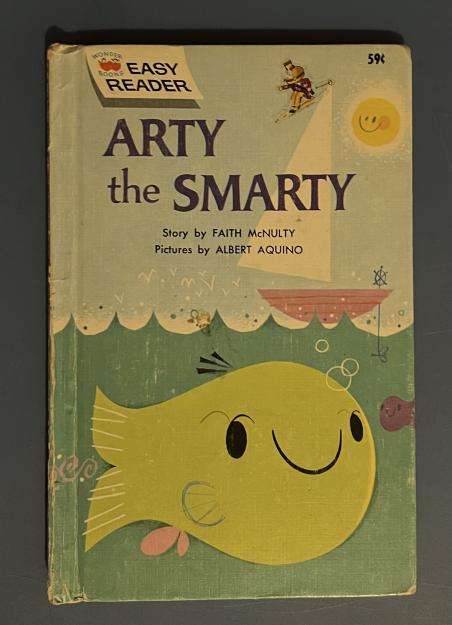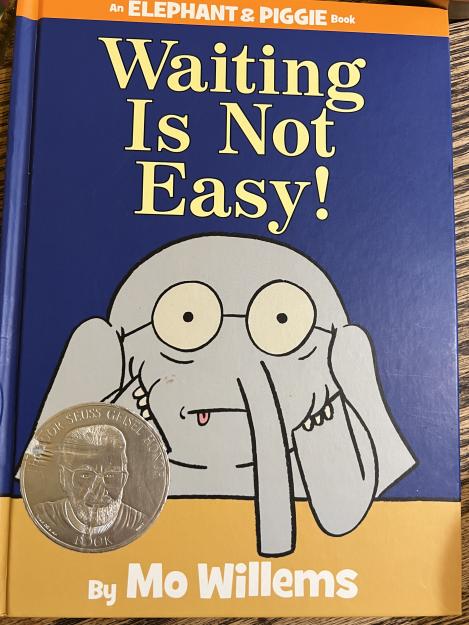He would buy precisely those securities in Japan that appeared the least desirable to others. First, the stocks of Japanese insurance companies. The world would probably assume that ordinary insurance companies had a great deal of exposure, when in fact, the risk resides mainly with Western insurers and with a special Japanese earthquake insurance company that's been socking away premiums for decades. The shares of ordinary insurers would be cheap.
With the economy in temporary disrepair, the government would lower interest rates to encourage rebuilding and simply order the banks to lend at those rates.
Also, the short-term panic could well be overshadowed by the long-term repatriation of Japanese capital. Japanese companies have massive sums invested in Europe and America. Eventually they would withdraw those investments, turn inward, lick their wounds, repair their factories, and bolster their stock.
If the yen collapsed immediately after the quake, it would only further encourage Alexander, who sought always to do the unexpected,
With the economy in temporary disrepair, the government would lower interest rates to encourage rebuilding and simply order the banks to lend at those rates.
Also, the short-term panic could well be overshadowed by the long-term repatriation of Japanese capital. Japanese companies have massive sums invested in Europe and America. Eventually they would withdraw those investments, turn inward, lick their wounds, repair their factories, and bolster their stock.
If the yen collapsed immediately after the quake, it would only further encourage Alexander, who sought always to do the unexpected,
1

